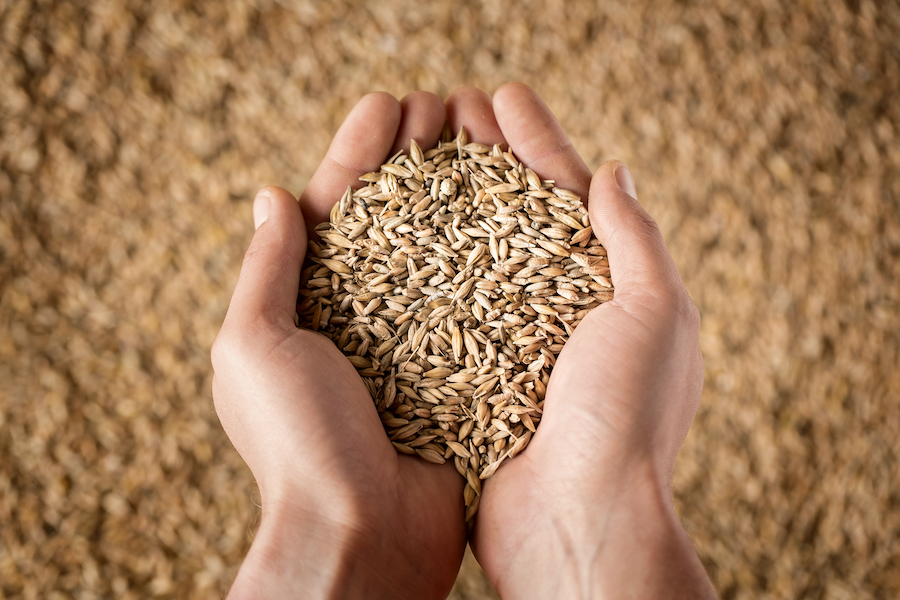Digital grain passport: Concerns over costs and connectivity
7th February 2024
NFU is generally supportive of the introduction of digital grain passports, but believes the current proposal does not meet the needs of its members – while NFUS says its members are largely unsupportive of the move.

An industry consultation on introducing digital grain passports (DGP) to accompany grain movements has now closed – with the NFU and NFUS raising a number of concerns about the business case as it stands.
Practical issues
Responding to the proposal, NFU crops board chair Matt Culley said: “The industry has been working hard to develop a proposal for a digital grain passport (DGP) that offers a number of benefits to UK growers, and that includes a simple, secure, and reliable system for the real-time return of quality data to farm.
“The NFU national crops board continues to support the principle of a digital passport. However, the current business case does not address all of the needs and concerns of our members.
“A critical benefit of a digital passport is the transparency and efficiency that immediate feedback of sample data at intake would deliver for the farm business, but this must be guaranteed, not simply be an ‘expectation’ as stated in the business case.”
Other practical issues cited by the union include connectivity, as some farming businesses do not have access to smartphones. Plus concerns over the cost of the system and perceptions of a lack of flexibility compared to the paper version – especially when there are late changes to logistics.
“We will continue to work constructively with the leadership group to ensure these issues are addressed and that our members’ interests remain at the forefront of the project development,” Matt Culley concluded.
NFUS members unconvinced by digital passport
NFU Scotland also challenged the proposals after consultation with its membership. The Scottish union said three out of its six key criteria had been met; around being fit for purpose, data ownership and data usage.
However, criteria around accessibility, efficiency and proportionate costs versus benefits had not.
In its response to the AHDB’s DGP Leadership group consultation, NFU Scotland said that, broadly, its members remained unsupportive of the introduction of digital grain passports.
Chair of NFU Scotland’s Combinable Crops Committee, Willie Thomson said: “We welcome engagement with AHDB over digital grain passports. We remain unconvinced that moving to a digital system will be better than a paper system. […] Our members do not feel that this would be a positive move for industry.”
Head of policy team Gemma Cooper, policy lead on DGP, added: “We understand the need to move with the times on data recording and systems in agriculture. However, in this case, our members felt overwhelmingly that the proposals would be difficult to work with in practice. The current paper-based system seems to work well for farmers and merchants because it is simple and cost effective.”
Next steps for the passport
Now that the consultation has closed, the Digital Grain Passport Leadership Group will collate and analyse the feedback from all channels, amounting to hundreds of replies.
Once these responses have been drawn together, the industry Development and Data groups will meet in early March, reviewing the key points of feedback, adding more detail, and discussing changes.
Once this refining process is complete and the business case renewed, the Leadership Group will decide on next steps and how they wish to proceed. Regular communications are expected in the coming weeks.
Read more arable articles here
